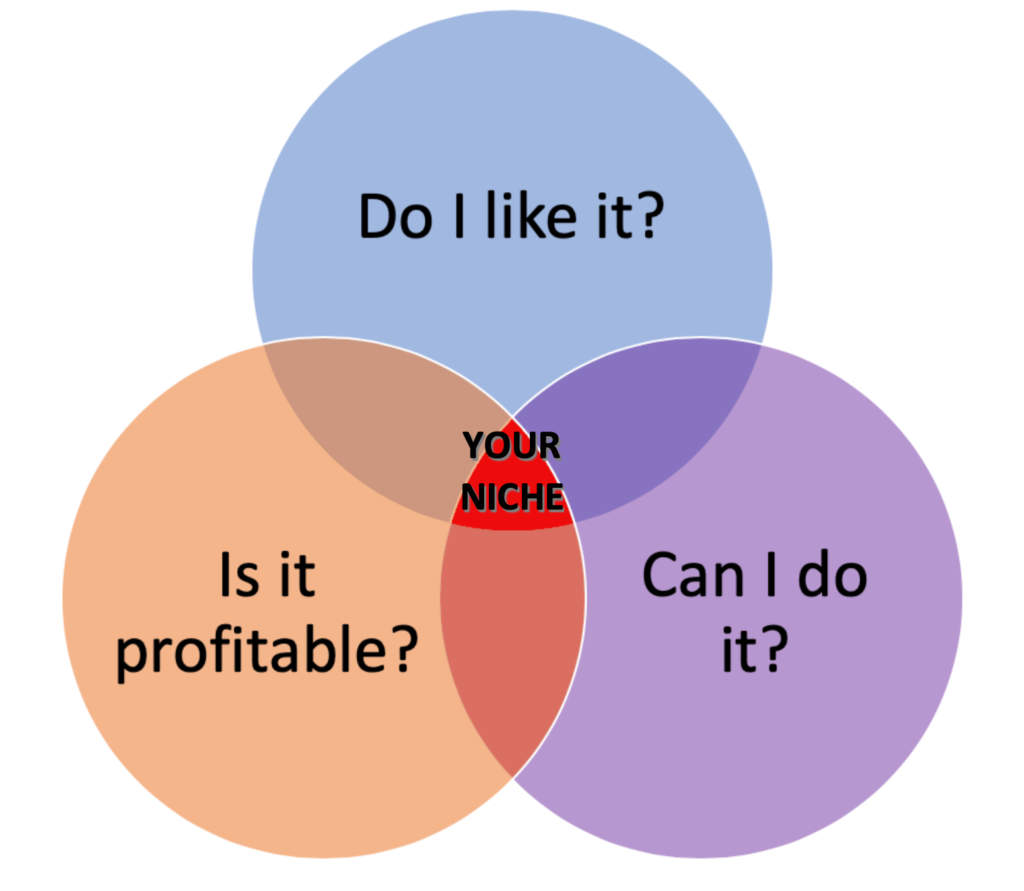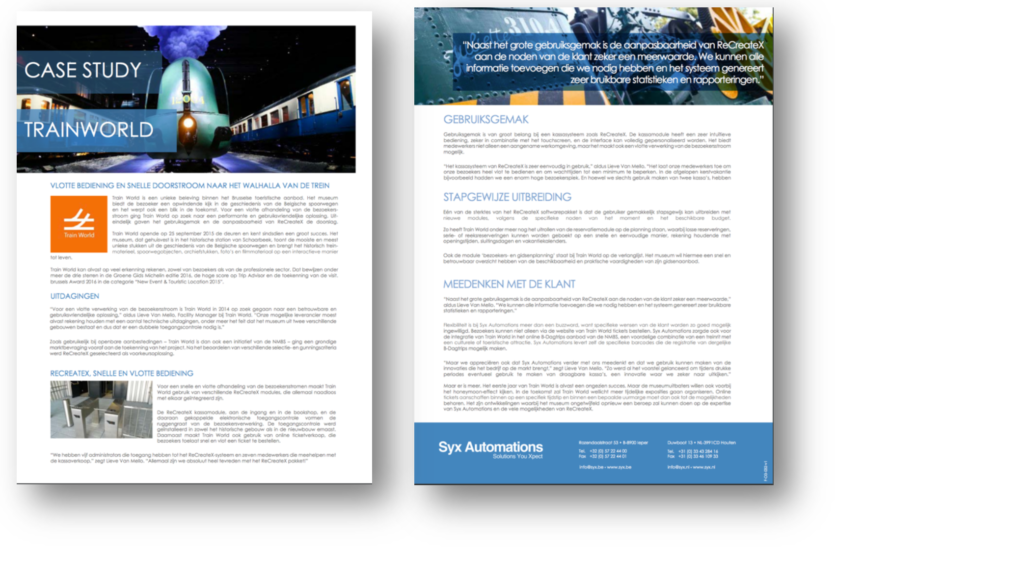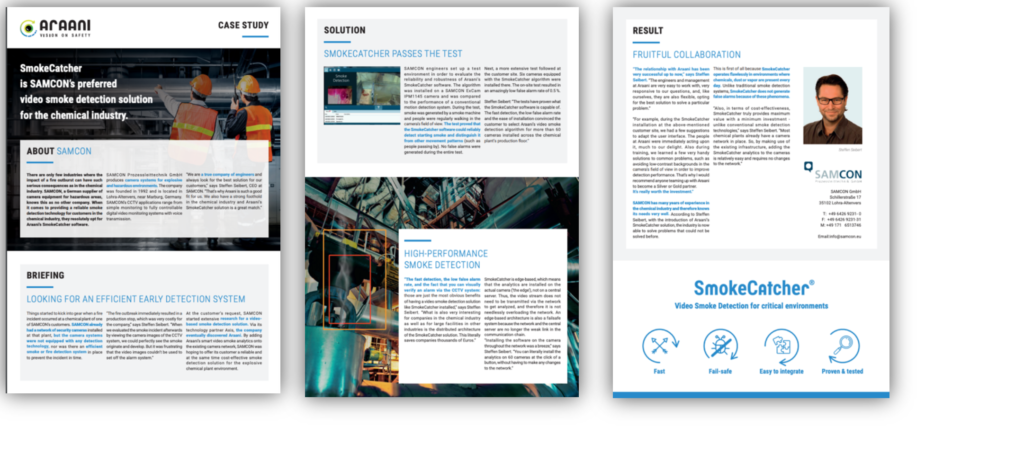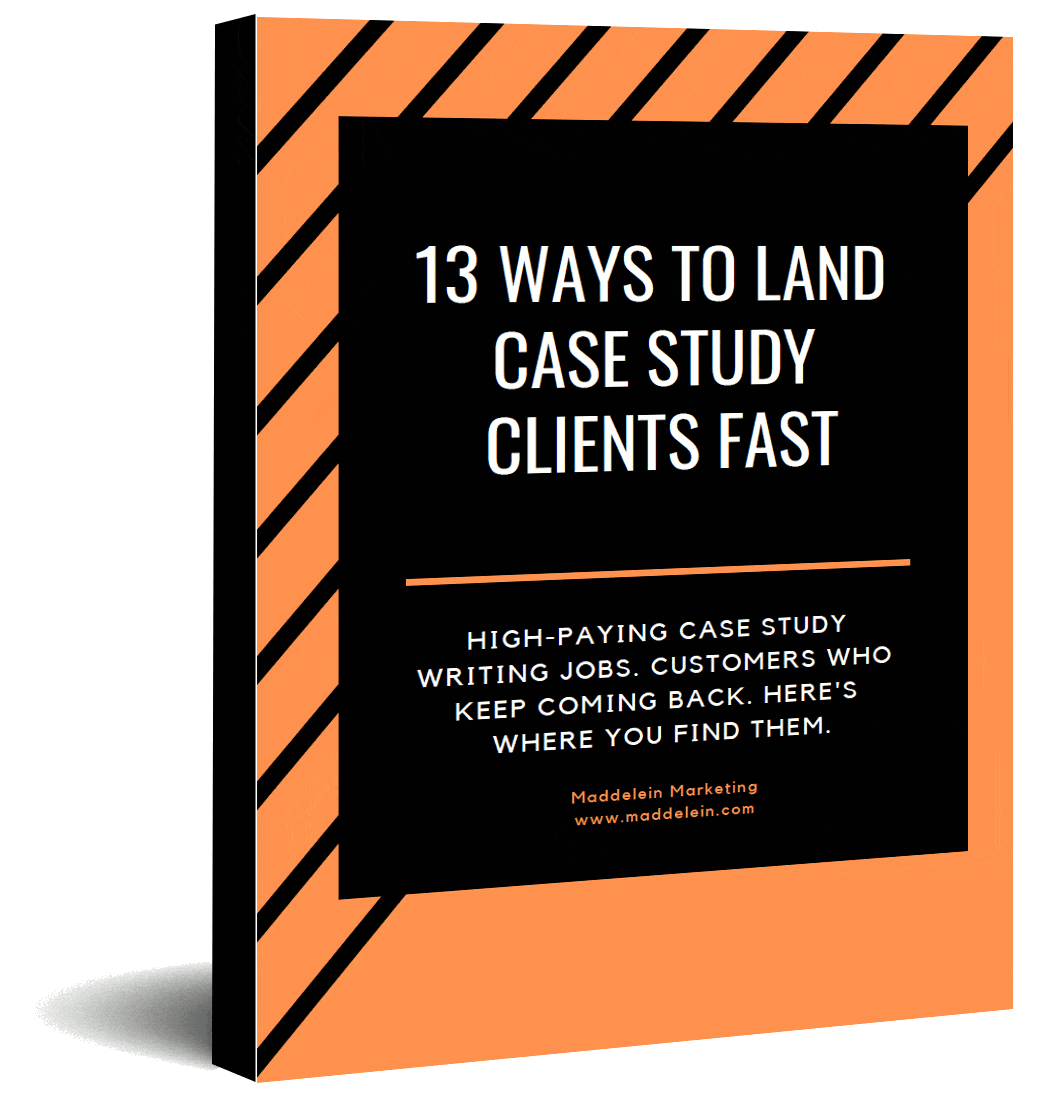
Do you want to earn more as a freelance copywriter?
Then let me get one persistent misconception out of the way. If you want to raise your income as a copywriter, you don’t need more customers.
Why?
- More customers means more customer acquisition, which takes a lot of work and effort. This is time that you cannot spend on billable projects.
- The more customers you have, the more administration you’ll need to do: quotes, invoices, meetings, etc.
- If you take on too many customers, you just cannot do the best job for any of them, because you don’t focus on them enough.
You need a niche.
Now, I’m not saying you should put all your eggs in one basket, and only work for one big customer. Because, where’s the joy of freelancing in that?
What I am saying is that it is much better to have five loyal, high-paying customers than 20 high-maintenance customers.
So, where do you find those high-paying customers?
One way to do that is the niche approach.
Finding a copywriting niche is the fastest way to attract steady, enjoyable and well-paid freelance writing jobs. A niche can be a particular industry (e.g. technology or healthcare), but it can also be a specific skill or content type (e.g. SEO, emails or case studies).
Here’s an analogy. Let’s say you want to divorce your wife (sorry for the weird example). Which professional would you choose to make this unhappy event as smooth and painless as possible?
- The lawyer
- The divorce lawyer
- An expert divorce lawyer who has successfully represented more than 1,500 clients in contested divorce cases
I would choose the third option (Honey, if you’re reading this: don’t panic, it’s just an example).
The same is true for freelance copywriters. Picking a niche will attract better clients. True, a niche might make your world of possible customers a bit smaller. On the other hand, this smaller group will be much more likely to pick you as a copywriting expert.
OK then, which niche should you pick?
Picking a niche is something you need to consider carefully. Usually, there are three things you need to ask yourself:
- Do I like that niche? Is it something I’m interested in? Something I want to spend my days with?
- Is it profitable? Is it more than a hobby? Will it allow me to pay my bills? Maybe even enable me to work less and earn more?
- Can I do it? Is this something I know? If not, can I learn it?

The storytelling niche: a secret goldmine?
Storytelling is all the rage nowadays. Today’s consumers and business decision makers are becoming less and less susceptible to sales messages and advertising. Now more than ever, people strive to invest in a brand’s narrative or story.
It would seem that for us freelance copywriters, storytelling is a goldmine. After all, businesses want to have their stories told. And who else is better suited to do this than someone who turns blank space into words all day every day?
The problem is that the term storytelling is vague and overused. Everybody and your mum are buzzing around about storytelling nowadays, without being very concrete about the deliverables. Anyone who can post a message on Facebook is suddenly a storyteller now.
So, is storytelling profitable at all? Can you make a steady income out of it?
I think you can; more in particular through customer storytelling.
Customer storytelling is a fancy word for what most of us refer to as case studies, customer success stories or testimonials. Especially in B2B markets, case studies are a big opportunity for freelance copywriters.
Case study writing for B2B clients
Case studies are stories about the experience of a specific customer with a product or service. They follow a typical storyline:
- Before: What did the customer’s situation look like before the product was there?
- During: How does the customer use the product?
- After: What results did the product produce?
I have written a gazillion customer stories like these:



Why do B2B companies love case studies so much?
Because there is nothing more powerful and credible than the experience of a real customer with a product or service. Customer stories give credibility to a company and demonstrate results.
Case studies are even more relevant in B2B markets.
Here’s why.
B2B sales cycles can be long. And by that, I mean ridiculously long. In the past, I have worked for business-to-government companies where sales cycles literally take years. For sales people, it’s often an intensive process of continuous customer education, pitching and convincing.
Can case studies help to shorten these B2B sales cycles? Absolutely!
Marketers and sales people use case studies as an educational marketing tool to help explain the problem that the customer is facing and the solution they are offering. They use stories to show that their company is a trusted brand to do business with. Customers need to be convinced that the product will work for them. Case studies can do all that.
How are case studies used?
- During sales talks
- For PR purposes
- In lead generation campaigns
- During trade shows
- For pitching stories to the media
The profitable art of case study writing
For freelancers, case study writing is a very lucrative career, especially now. Here’s why:
- Businesses need case studies to help them sell their products and shorten the sales cycle.
- Content marketing relies on high quality content. Case studies satisfy the hunger for fresh content.
- Now more than ever, businesses want to invest in a brand’s narrative or story. It’s the only thing that makes them truly unique.
Not only are they highly profitable, but case studies are also fun to write and easy to get into. In fact, anyone can learn how to write compelling case studies, manage case study projects and land case study clients.
free eBook: 13 ways to land case study clients fast
Discover 13 actionable steps you can take this week to get your first case study writing jobs.

